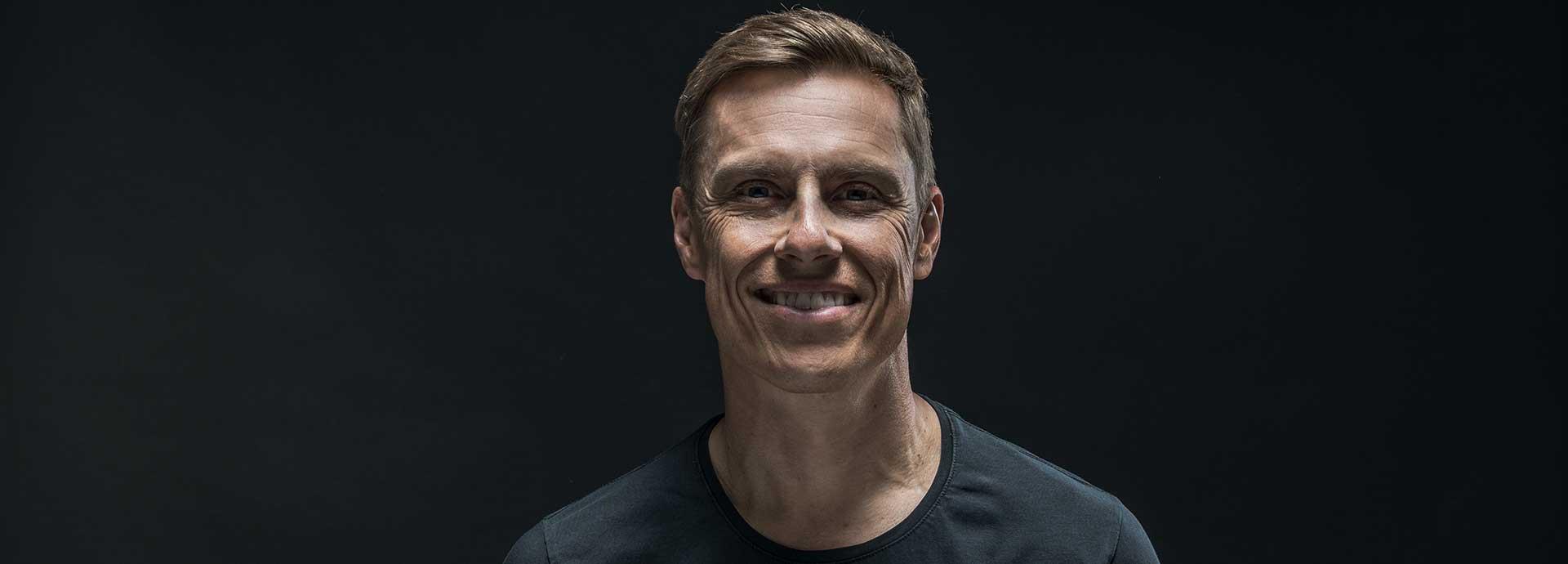

Former prime minister of Finland, Alexander Stubb is an expert on finance, international affairs and a long-time champion of deepening European integration. Currently, he serves as a Vice-President of the European Investment Bank (EIB). Twentyfour7. caught up with him to understand his views on Brexit, free trade and shipping, and importantly, dealing with the effects of climate change.
Our new series In Conversation poses tough questions to thinkers, decision-makers and influencers on issues that matter.
1. What are your thoughts on Brexit?
I think it is a travesty and it will be the biggest mistake we will see in international relations in the next few decades. But it’ll be interesting to see if it actually happens. Everyone
is working on the premise that it does.
2. How do you see Brexit, if or when it happens, impacting other EU member states and especially Finland?
I think, in general, it’s a lose-lose situation. We can all make estimates of the economic loss, and the short-and-long-term
political implications of Brexit. However, they will only be educated guesses and nothing more than that. I don’t think there is anyone who expects to gain or win with it. It’s quite the contrary.
3. The UK government has initiated a ‘UK Ports for International Trade’ campaign to promote free trade as a key driver for growth and the creation of jobs in port communities across Britain. What do you make of this, especially in light of a hard Brexit?
The three key pillars of a successful society are a liberal democracy, a social market economy and globalisation. So, that will probably put me in the box with free traders. It is a bit ironic that the British government is proposing this, while
at the same time, they are leaving the biggest free-trading block of the world. Of course, free trade will be much more difficult for the United Kingdom in the future than what it is right now inside the European Union. And I say this as a former
trade minister.
4. What are your thoughts on climate change mitigation? What will be the best way to tackle the number one threat to the global economy?
I always look at things from a European perspective. In the past, we have been big polluters.
Of course, we are not big polluters now. We emit about 9–10% of CO2 emissions of the world. We can be the solution in terms of providing technological development that leads us towards a more energy-efficient, cleaner, climate-friendly
future. We can try to save the world by providing this kind of technology. I think that is what Europe should work on.
5. The shipping industry accounts for the bulk of global trade. What do you think is the best way to get the sector to transition to zero-emission operations?
There are three ways of doing it. One is through regulation
and that is obviously what the European Union does. For instance, we recently had the climate change negotiations in Katowice in Poland. Second, is with private investment and private money. And third, is with public money and public investment.
However, I believe that the future is not so much about direct grants and subsidies. It’s going to be more about financial instruments and guarantees.
6. With your European Investment Bank (EIB) hat on, how do you incentivise rapid change in the shipping sector?
At EIB, which is the biggest multilateral bank in the world, three times bigger than the World Bank, we have four
areas of work: 1. SMEs 2. Infrastructure 3. Innovation and 4. Climate Change. So, when we look at shipping, we look at it through the lens of the infrastructure of shipping, the innovation of shipping and then the climate impact of shipping. We
don’t choose the champions, but we can put our money into investments which can create the champions.
7. The International Maritime Organization (IMO), has set the target of an absolute greenhouse gas emissions reduction of 50% by 2050. Do you think we can achieve this?
I hope so. I myself have spoken, by-and-large, of having
a carbon-neutral Europe by 2045. The Commission speaks of 2050. I think it’s doable and I think it’s usually the case with these types of disruptive changes that once the ball starts rolling, it actually happens quite fast. So, you
have to prepare for it.
Did you like this? Subscribe to Insights updates!
Once every six weeks, you will get the top picks – the latest and the greatest pieces – from this Insights channel by email.


